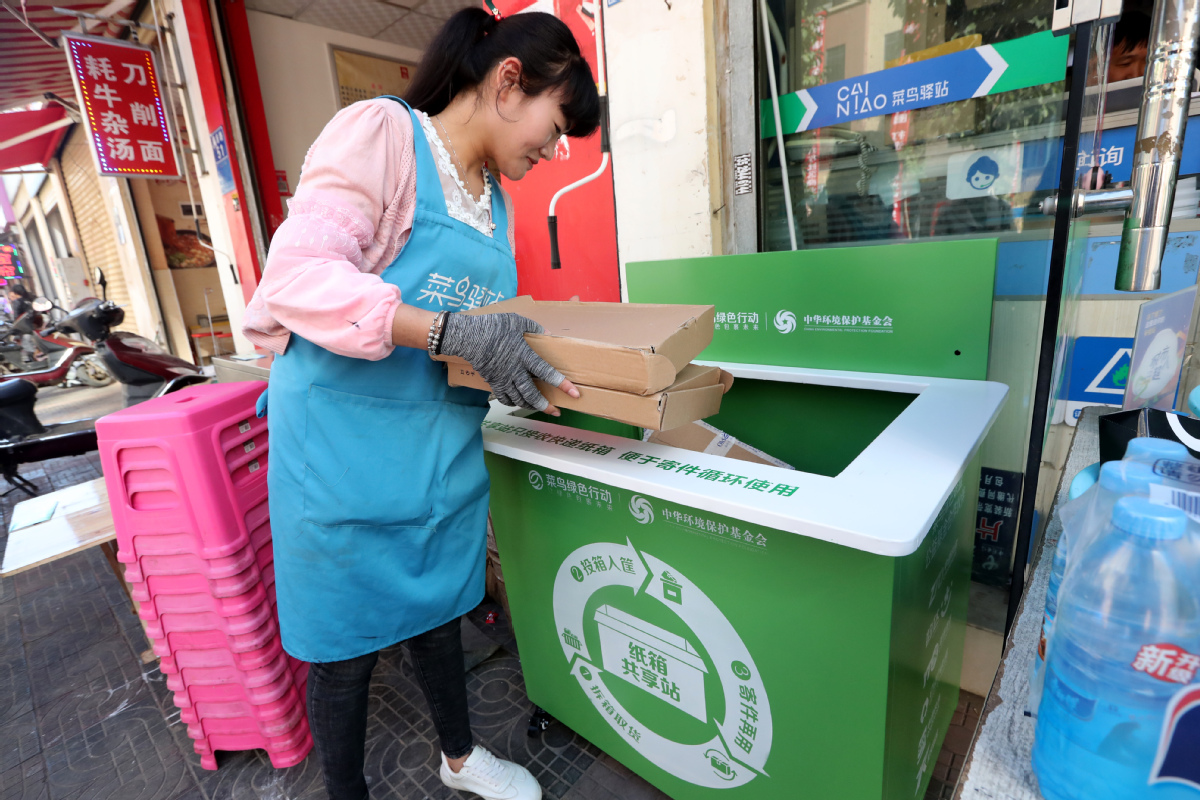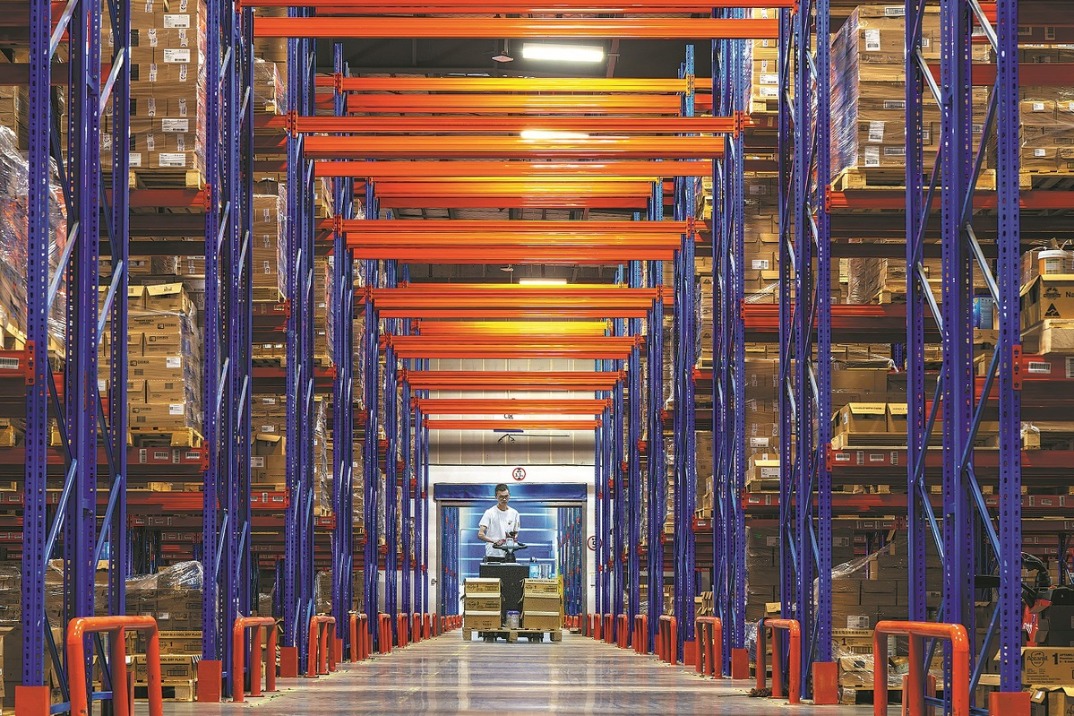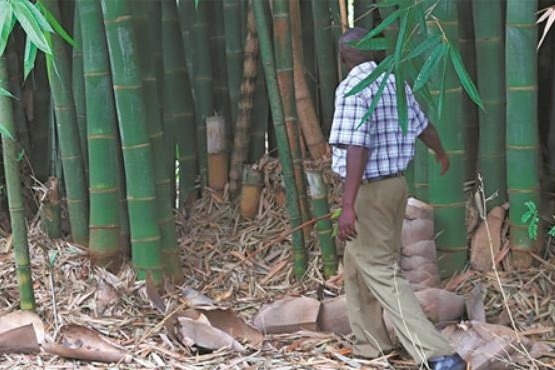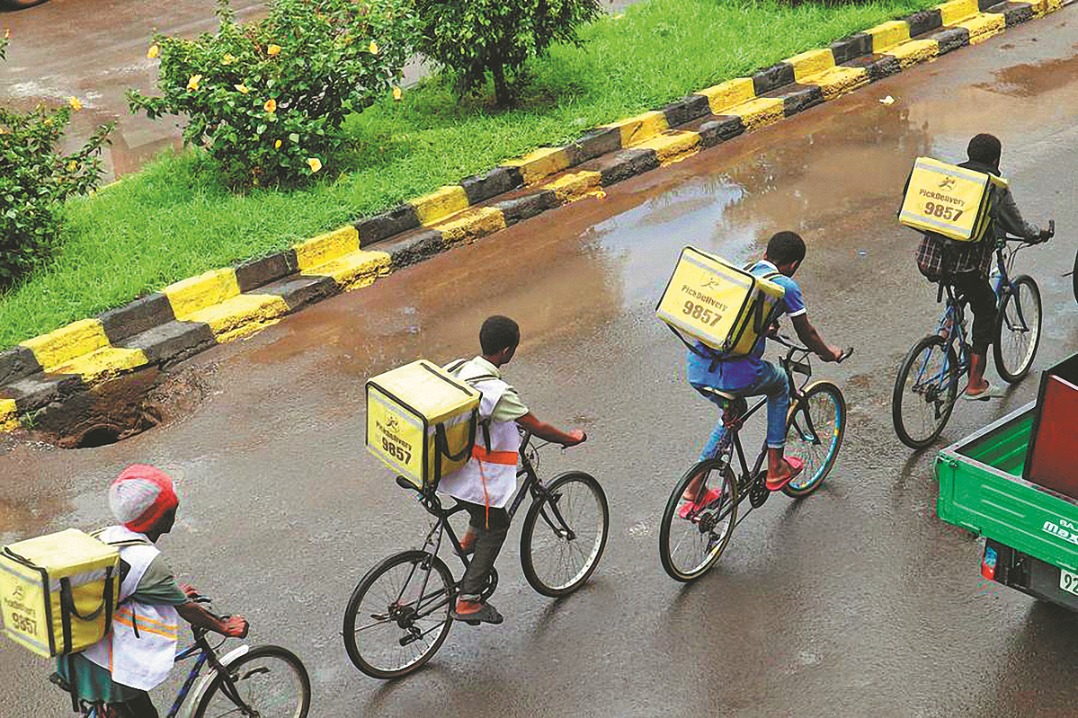Delivery services align with green development


Firms to intensify moves to make packaging recyclable, reduce impact on nature
While the rapid development of express delivery services is making life in China easier and more convenient, the huge amounts of materials used for packaging are putting extensive pressure on the environment. In response to the nation's commitment to achieving carbon neutrality, leading couriers are adopting new measures to contribute, experts said.
Recyclable express boxes used by courier YTO Express are becoming increasingly popular in Hainan province.
The various sized boxes differ from ordinary ones as they contain no glue, metal staples or adhesive tape. What's more, they are sealed with special clips.
"The recyclable packing cases can be folded into flat cardboard for recycling or storage purposes. Although they cost more than conventional counterparts, they can be reused several times," said Li Changxiang, who is in charge of YTO Express's network service in Hainan.
By the end of last year, YTO Express had replaced more than 90 percent of its plastic woven bags with recyclable bags, and over 90 percent of its adhesive tapes used for sealing boxes have been slimmed down to minimize waste.
All these efforts are to make packaging greener and recyclable, which is also in line with China's commitment to peaking carbon dioxide emissions by 2030 and achieve carbon neutrality by 2060, experts said.
"China has become the world's greatest consumer of e-commerce parcels. There were more than 83 billion units of parcels delivered across the nation in 2020, and the figure is expected to further swell to 95 billion units this year," said Yang Daqing, a logistics industry expert.
Every year, express companies use substantial volumes of packaging materials including plastic bags, cardboard boxes, filling and adhesive tape, most of which are non-biodegradable and place major pressure on the environment, Yang said.
Each year, the nation's express courier industry consumes more than 9 million metric tons of paper waste and about 1.8 million tons of plastic waste, according to a Xinhua News Agency report.
The Chinese government is now promoting the express delivery industry to use green packaging as well as reduce package waste.
On Dec 14, eight central government departments, including the National Development and Reform Commission and the State Post Bureau, published a guideline that introduced measures such as offering incentives to businesses and setting unified standards for green packaging to ensure compliance among industry participants.
By 2022, the guideline set a goal of having 85 percent of products arriving at courier warehouses in a condition suitable for distribution.
JD Logistics, a unit of Chinese e-commerce giant JD, became the nation's first logistics enterprise to set a carbon reduction target. JD Logistics vowed to cut carbon emissions 50 percent by 2030 compared with 2019 levels.
As early as 2017, JD Logistics launched an end-to-end green and environmentally friendly plan to implement low carbon and energy saving results in various procedures including packaging, storage and transportation.
As of December, recyclable packages have been used a total of 110 million times in its green campaign.
In the meantime, new energy vehicles were put into operation in the past four years (2017-20) in more than 50 cities across the nation, allowing 120,000 tons of carbon dioxide emissions cuts annually.
SF Holding Co Ltd has also progressively carried out its green packaging plan. Through technological transformation, SF Holding saved about 26,000 tons of paper and some 8,000 tons of plastics last year while cutting carbon emissions by 70,000 tons in total, said the Shenzhen, Guangdong province-based company.




































